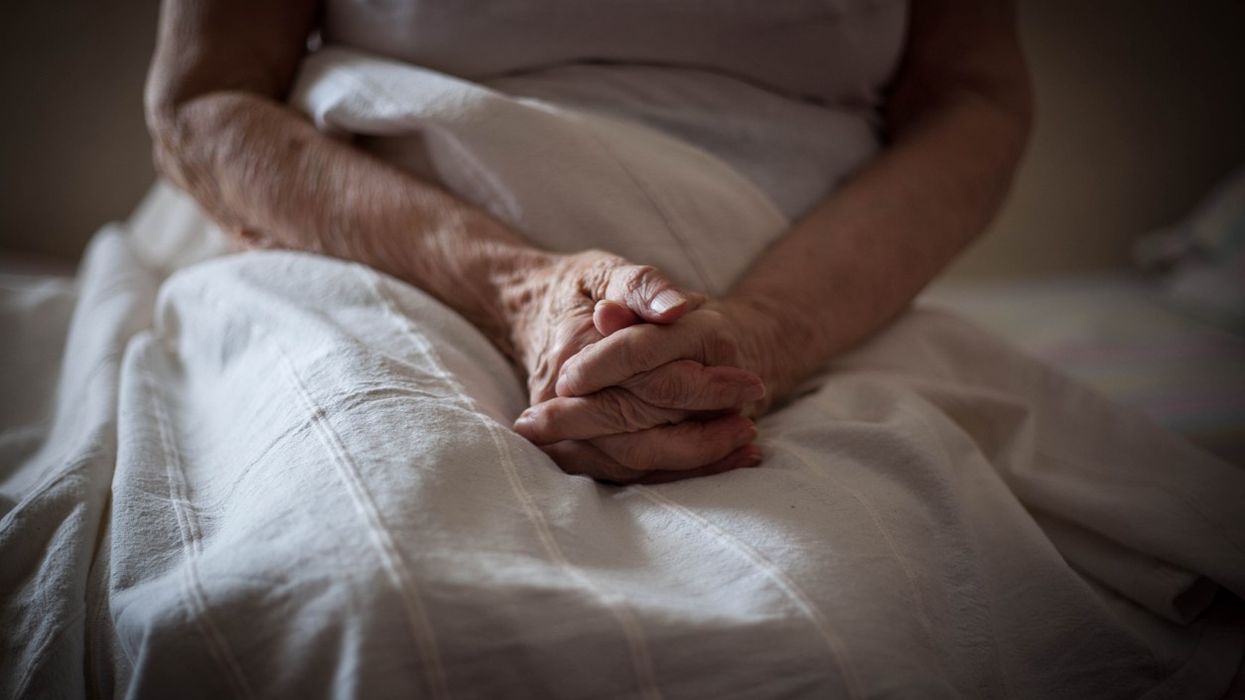The Home Office suggested that a British professor and his sister visit India to take care of their terminally ill mother instead of trying to bring her to the UK.
Rohit Rahi, an associate professor at the London School of Economics, and his sister Ana Jackson, an operational commander with the Cornwall Ambulance Service based in Wadebridge, have challenged the denial of an adult dependent relative (ADR) visa for their mother Neelam Rahi.
Jackson is on a visit to India to meet Neelam, 82, who lives in the northern city of Chandigarh.
As the case came up for hearing at a court, the Home Office said although the siblings wanted their mother to be allowed to live in the UK, “the legal test threshold is a high one.”
“I acknowledge entirely these are very difficult circumstances, but sacrifices often have to be made by the dependant’s children,” Mohsin Aslam who represented the Home Office, said.
“Ms Jackson has made a sacrifice to go and spend longer periods with her mother and I submit that, going forward, although difficult she [and Dr Rahi] can make a similar sacrifice to take time out [to visit their mother]. That arrangement, as hard as it may be, can continue,” Aslam said.
The UK government in 2012 made the ADR visa requirements stringent, bringing down the number of successful applicants from thousands earlier to just a handful, iNews reported.
Neelam, who is currently undergoing chemotherapy, has two siblings in India who have health problems themselves, the court heard.
Rahi said her five-year survival rate is 39 per cent, considering her condition.
He said, “I know from conversations with my sister in India that my mother’s condition is not good and she is in extremely low spirits. She has swollen feet and ankles, discoloration. My sister has not been able to care for her so well.”
“It’s likely to not be as optimistic as that. We do not know for sure at the moment – her first round of chemotherapy is done and she just has to report to the hospital at regular intervals. She has to return [for further treatment] at some point, but we cannot forecast when that might be. It was impossible to remove all the cancer cells as the disease was quite widespread.”
Making his case for bringing his mother to the UK, Rahi said it is “extremely hard” to get regular carers in India where care homes are “very few”.
He said he said only his sister and himself could take care of their mother but they “cannot be in India for any length of time so the only other option is for her to be in the UK with us.”
Home Office suggests siblings visit India to care for mother battling cancer instead of bringing her to UK
‘Sacrifices often have to be made by the dependant's children'




